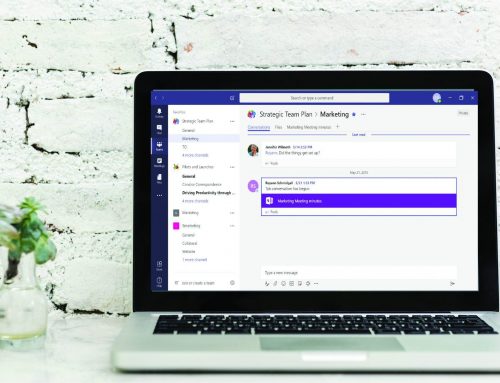Project Description

TR International Trading Company, Inc. (TRI), founded in 1994, is a global chemical distributor providing sourcing solutions and quality alternative products. Ranked in the top 60 of Purchasing Magazine’s “Top 100 Chemical Distributors” in 2009, TRI transacted $60 million in sales with four US offices and one in China.
Motivated by the idea of improving his personal productivity and the effectiveness of his team, the company’s Chief Executive Officer (CEO) engaged McGhee Productivity Solutions (McGhee) for personal coaching and to facilitate a group session. The methodologies transformed how he and his staff track project status, prioritize actions, and process information. It also established a uniform approach for how they work towards accomplishing long-term goals. Many paradigm shifts occurred for those at TRI which improved accountability and sense of control.
Situation
The culture at TRI, according to the Founder and CEO, Anthony Ridnell, had a tendency to get frantic and out-of-control at times. The staff would react and become stressed, which often escalated, creating more reactivity and urgencies. It was difficult to predict what was going to become an emergency situation and when those situations arose, there was no system for handling the unexpected. Additionally, many at TRI were overwhelmed with e-mail and wanted a system for getting organized.
Solution
Ridnell participated in a customized, hands-on coaching session delivered by Jennifer Wilmoth, McGhee Consultant. During the Executive Personal Information Management (EPIM) session, Ridnell identified and refined his objectives, projects, and next actions. It soon became obvious that unclear objectives were contributing to the company’s reactive culture. Through the paradigm shifts he experienced, Ridnell realized he needed to set the example as a leader and communicate more clearly to reduce uncertainties within the group.
Using McGhee methodologies, he emptied email and voice mail inboxes, planned meetings, and developed strategies for aligning his team. “With this system, I am able to clearly see what needs to get done and how those activities will fit into my calendar,” said Ridnell.
Everyone at TRI learned these same methodologies in an eight-hour Take Back Your Life® (TBYL) group session. They worked cooperatively and made decisions regarding shared challenges, and together addressed issues such as email volume, message relevance and clarity, and interruptions. Each developed an Integrated Management System (IMS) in Outlook for effectively collecting, processing, and prioritizing information and actions.
Benefits
The CEO and staff at TRI gained confidence and a sense of control over their personal and professional lives. They now have a systematic approach for prioritizing and executing actions to drive objectives and reduce overwhelm, interruptions, and emergency situations. “When you run your life based on the emails coming into your inbox, you are just playing defense,” said Ridnell. “With this system you are running your life based on tasks that need to get accomplished to produce results.”
People rarely walk through the office interrupting each other. When they have questions, they schedule meetings and send supporting information in an Outlook calendar appointment so that others can prepare. “The key for me is, I’ve gone for over a year without blowing up people’s lives, because the right things are getting done,” said Ridnell.
This training has created a higher degree of accountability among people at TRI, because they know their co-workers have a system for holding themselves and others accountable. Additionally, it has allowed individuals to free up time for the things that are most meaningful to them. “I’m able to take on more projects with my family, at work, and also philanthropically,” explained Ridnell.
As a standard practice, McGhee collects both qualitative and quantitative data prior to and after the consulting session to measure impact and return on investment. This group experienced the following results:
Qualitative Results
• Improved communication and accountability
• A process for effectively managing and tracking information in Outlook
• A strategic, proactive approach to reduce the number of interruptions and urgent requests
• Improved confidence and sense of control within the organization
• Increased bandwidth for managing the tactical day-to-day work
Quantitative Results
• 37% decrease in time spent on urgent or unexpected matters
• 33% reduction in time spent in e-mail each day
• 60% decrease in the number of e-mail messages stored in the inbox





